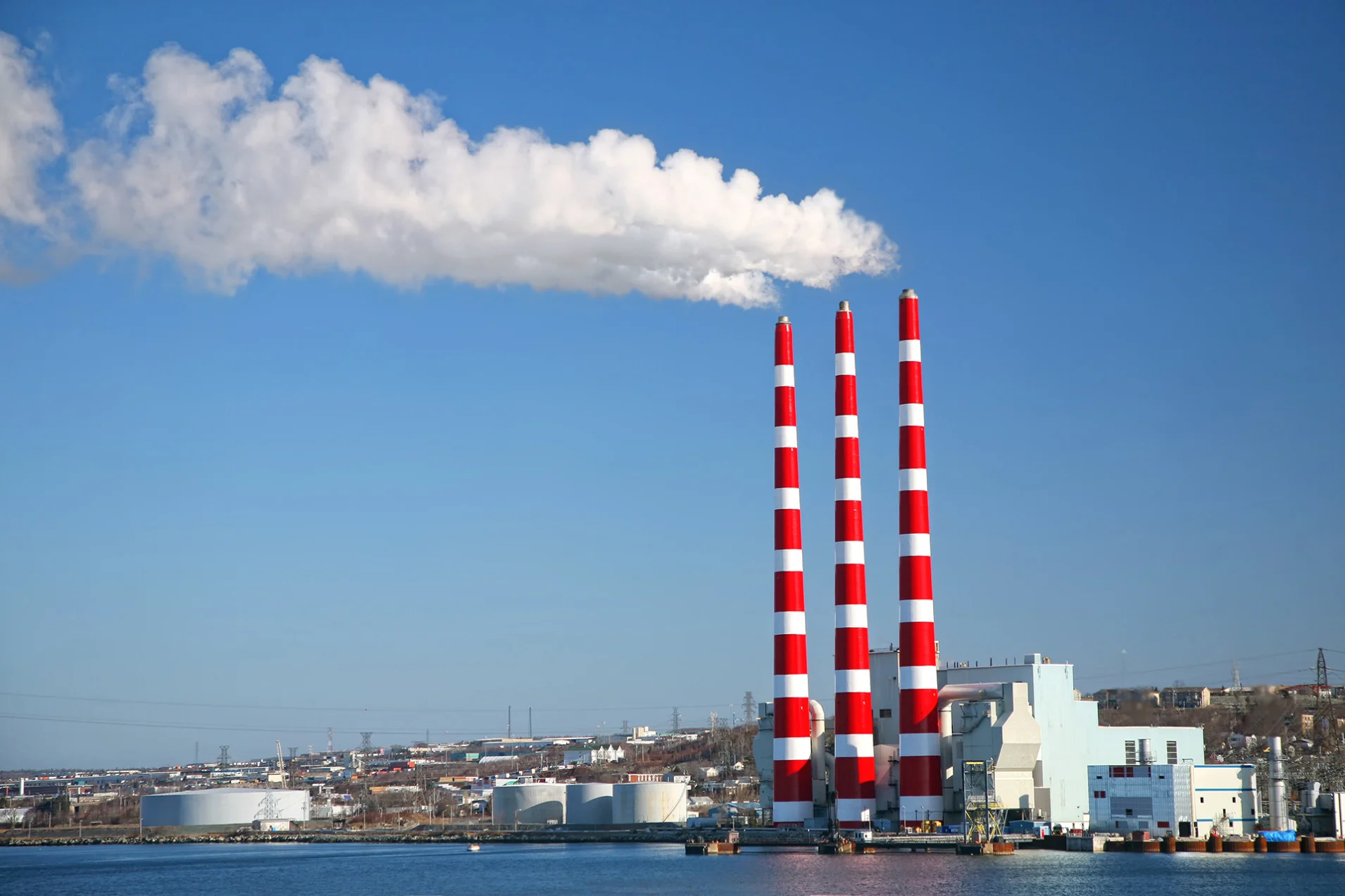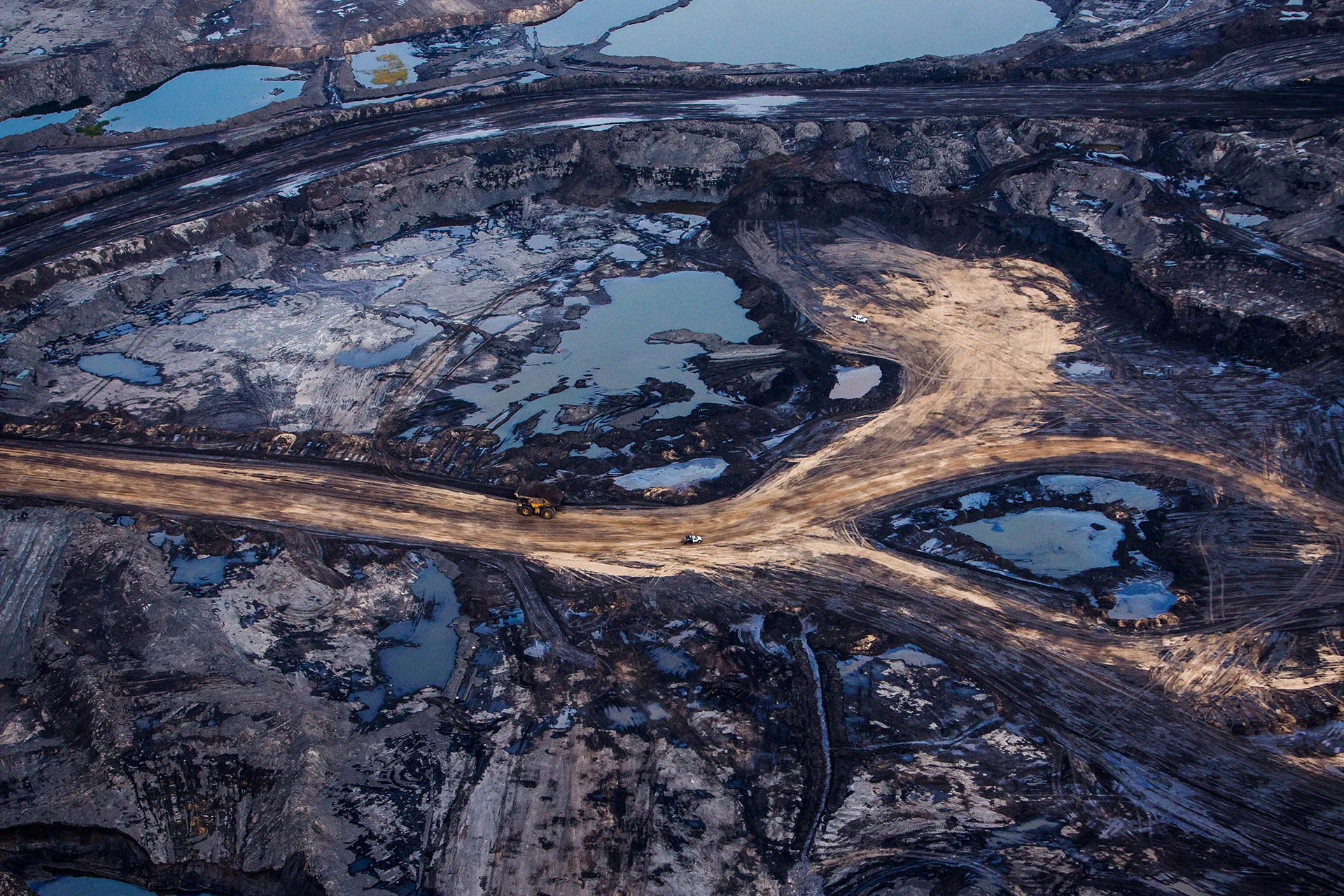
Supreme Court rules that Canada’s carbon price is constitutional
National carbon pricing system is an “enormous central pillar” in helping Canada reach its Paris Agreement target
Ontario, Alberta, and Saskatchewan lost their lengthy court battle to oppose a national carbon price at the Supreme Court of Canada on Thursday. Not only did the court rule a national carbon price was constitutional, it agreed with international experts that carbon pricing is a critical tool in reducing carbon emissions.
“It [climate change] is a threat of the highest order to the country, and indeed to the world,” wrote Chief Justice Richard Wagner in the decision. “The effects of climate change have been and will be particularly severe and devastating in Canada.”
When the federal government implemented carbon pricing in 2019, it set a minimum price on carbon emissions in provinces that didn’t have their own equivalent provincial prices. This was immediately challenged by Saskatchewan, Ontario, and Alberta as unconstitutional. Ontario’s newly-elected government under Doug Ford said it would spend $30 million to oppose it.
In the split 6-3 decision the dissenting judges said the ruling would open the door for the federal government to set minimum national standards in areas of provincial jurisdiction. However, the majority of judges ruled that a national approach to carbon reduction is needed because a failure to reduce emissions in one province places an unfair burden on others.

Credit: Bloomberg Creative. Getty Images.
"When provinces that are collectively responsible for more than two-thirds of Canada's total greenhouse gas emissions opt out of a cooperative scheme, this illustrates the stark limitations of a non-binding cooperative approach,” Wagner wrote in the decision.
Between 2005 and 2016, Canada's total emissions declined by only 3.8 per cent, despite significant reductions in most provinces, including 22 per cent in Ontario and 11 per cent in Quebec. "But these decreases were largely offset by increases of 14 per cent in Alberta and 10.7 per cent in Saskatchewan," Wagner wrote.
“Carbon pricing is an essential pillar in reducing Canada’s emissions so I’m relieved by the decision,” said Josh Ginsberg, a lawyer at Ecojustice, an environmental law charity based in Vancouver. Ecojustice lawyers were among the many intervenors in the case and argued that the federal government has the duty and legal authority to ensure the provinces do their fair share to reduce emissions.
Ginsberg told The Weather Network that he was surprised that the normally restrained Supreme Court made “very powerful and definitive statements that climate change is the biggest threat Canada and the world faces.”
The principle behind carbon pricing is that by making fossil fuel use more costly, it will encourage energy efficiency and increase the use of and investments in low or zero carbon alternatives. Under Canada’s federal carbon pricing system, all of the money collected is rebated to Canadians with a majority benefiting financially.
“People have trouble accepting that carbon pricing is making most of them better off,” says Michael Bernstein, Executive Director of Clean Prosperity, a Canadian climate policy organization, previously told The Weather Network.
The national carbon pricing system is an “enormous central pillar” in helping Canada reach its Paris Agreement target of 30 per cent reduction below 2005 levels by 2030, said Nic Rivers, Canada Research Chair in Climate and Energy Policy at the University of Ottawa. “Without it we could not meet that target,” Rivers said to The Weather Network.
RELATED: Over 500,000 youth share climate views in first-of-its-kind survey
British Columbia started pricing carbon 12 years ago and it took till 2019 to get a national carbon price. It would have been an “awful setback” had the court decision gone the other way, said Rivers.
Other approaches to reducing carbon emissions, like new regulations to improve vehicle fuel efficiency or to require automakers to sell a set number of zero emission vehicles, have been in the works for at least five years. “Regulations take a long time to put in place,” he said.
Even with the national carbon pricing meeting our Paris commitment will be “challenging,” Rivers said. And Canada needs to substantially better that emission reduction target to do its share to keep climate change below 2°C.
Thumbnail credit: onepony. iStock. Getty Images.











